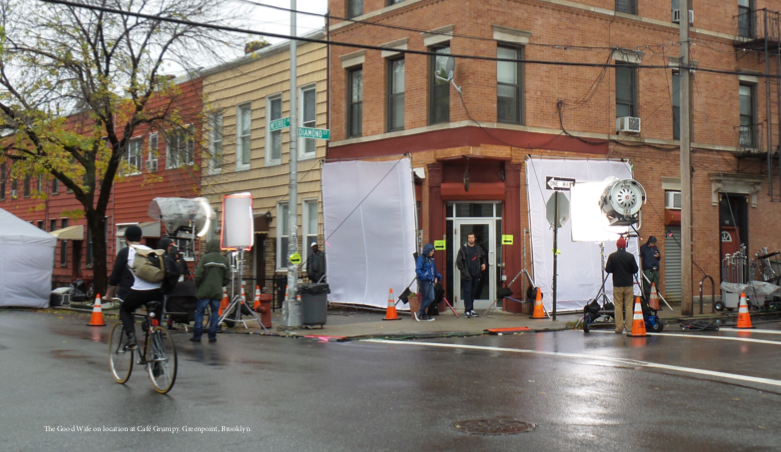Industry Jobs | Dialogue Coach
/As one of the premier studio production companies in New York, Broadway Stages works to meet the growing needs of the film and TV industry while also focusing on the needs of our community. We provide the industry with a soundstage or location where they shoot their scenes, but they also need a skilled and experienced workforce. In this series, we look at the various jobs that make a production come to life. We hope it provides insight and encourages you to consider a career in the film and TV industry. This week, we look at the role of dialogue coach.
What Does a Dialogue Coach Do?
As we post about the many film and TV roles in this industry jobs series, it is easy to see how each role contributes to creating the diverse worlds that help tell stories on screen. Key to telling these stories are the convincing performances by talented actors. Actors are often challenged to portray characters with a variety of accents or speech patterns. This week, we look at the industry role that helps actors learn, practice, and ultimately present convincing performances -- the dialogue (or dialect) coach. Read on for an overview of this important role.
A dialogue coach can help actors convey many facets of a character. According to the Nevada Film Office, “Dialect coaches help actors hone in on their voice and speech control to help create the design of their character’s speaking patterns in a way that effectively communicates the character’s personality traits, upbringing, education, work experience, and cultural travels.” Dialogue coaches can be involved in various stages of production. In pre-production, this might include conducting research; sitting in on auditions to help select actors; preparing actors for auditions; and, once actors get roles, helping them prepare for their performances. During the filming stage, the dialogue coach might be on set. During post-production, the dialogue coach might assist as an actor’s dialogue is added after principal filming. Read more about the role in this overview at Beverly Boy, and watch this “CBS Sunday Morning” video for a look at some examples of actors who have been trained by dialogue coaches in some popular films.
How Do I Become a Dialogue Coach?
There isn’t a specific path that dialogue coaches must take, as they come from various backgrounds. For example, they might have formal linguistics training or acting experience. However, regardless of their backgrounds, good dialogue coaches should possess certain skills to effectively help their students. According to this Backstage piece, desired skills for this role are the ability to continually learn; a knowledge of vocal and respiratory anatomy and phonetics; an understanding of acting; and an ability to effectively work with each student. Read about Dialect Coach Jessica Drake’s background and experience in this Film Independent article. Drake has worked with stars such as Tom Hanks in “Forrest Gump” (to portray an Alabama accent) and Andrew Lincoln in “The Walking Dead” (to portray a Georgia accent), as well as working on projects including “Yellowstone” and “Bohemian Rhapsody.”
Learn about film and TV industry jobs, training, and more in the Broadway Stages’ Industry Resource Guide. Our guide provides information about industry-focused job posting sites; links to general recruiting sites; education and training programs; and state, city, and borough industry information.






